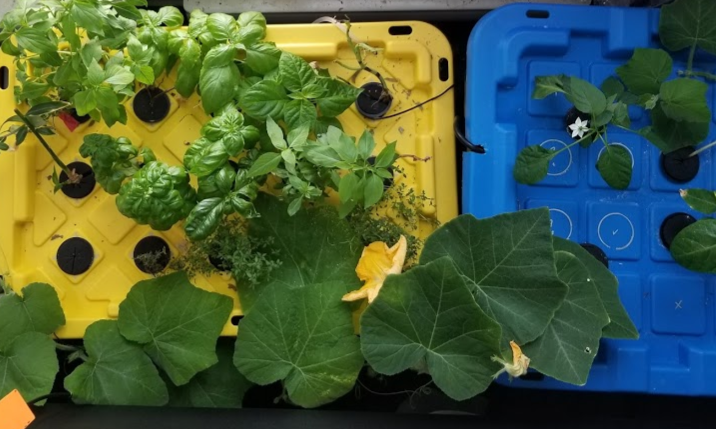I have no shame in admitting that most of the ideas for my projects come into mind while I am bored of assignments. If I see value in a project and can afford to pursue it, I probably will. I do know people who take this to the extreme: a close friend of mine built a PID-controlled oven which can be pressurized or vacated of air, and thus used for manufacturing small, high-quality carbon fibre components.
I actually think that there is value in pursuing projects in this manner. Ideas that get you excited are the ones that you should pay the most attention to; they are the most likely to keep you engaged, and will typically put you in a position where you learn much faster than if you were forced to do the work. When I started my hydroponics project, I did not expect to learn much more than I already knew about plants. Instead, I found myself learning about the mechanisms of nutrient uptake, and getting started with Arduino. As summarized by Marc Anthony, “if you do what you love, you’ll never work a day in your life.” I think that in some cases where there is a market for your idea or if it is applicable to what you want to do, you may end up opening new opportunities for yourself in the future. Perhaps you found a passion that you never realized you had, or maybe you will find that it was not as exciting as you originally thought.
Still in need of inspiration? Here is a list of ideas that might help to get your brain moving:
- Remote-controlled vehicles
- Robotic arms
- Drones
- CNC machines
- Car modifications
- Anything that uses a 3D printer
Many of these suggestions are relatively expensive, however the resources necessary to complete them are generally quite accessible. While COVID-19 restrictions confine many of us to our rooms, projects related to robotics, as well as drones often have a plethora of components that “just work” once you assemble them, massively simplifying the design and assembly process.
Whatever you decide to pursue, be sure to check local regulations, your tenancy agreement and to never skimp on safety research! I remember how one of my projects made use of LiPo batteries, which my friend and I found can carry an explosion risk if overcharged, excessively discharged or punctured. Safe to say that the additional safety equipment, including an explosion-proof case were worth the investment. We also learned that there are licensing regulations around flying drones above a threshold size (250 grams in our case). Similarly, making my own hydroponic nutrient solution meant that I had to be familiar with any of the safety risks related to the chemicals that I had in use. With any project, the importance safety and compliance with restrictions cannot be understated.
